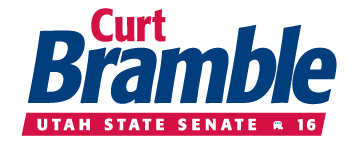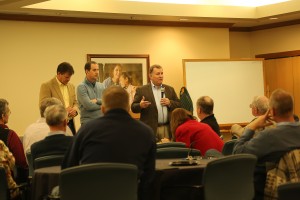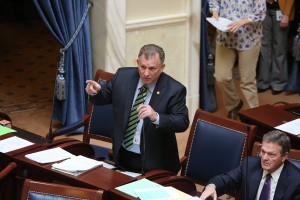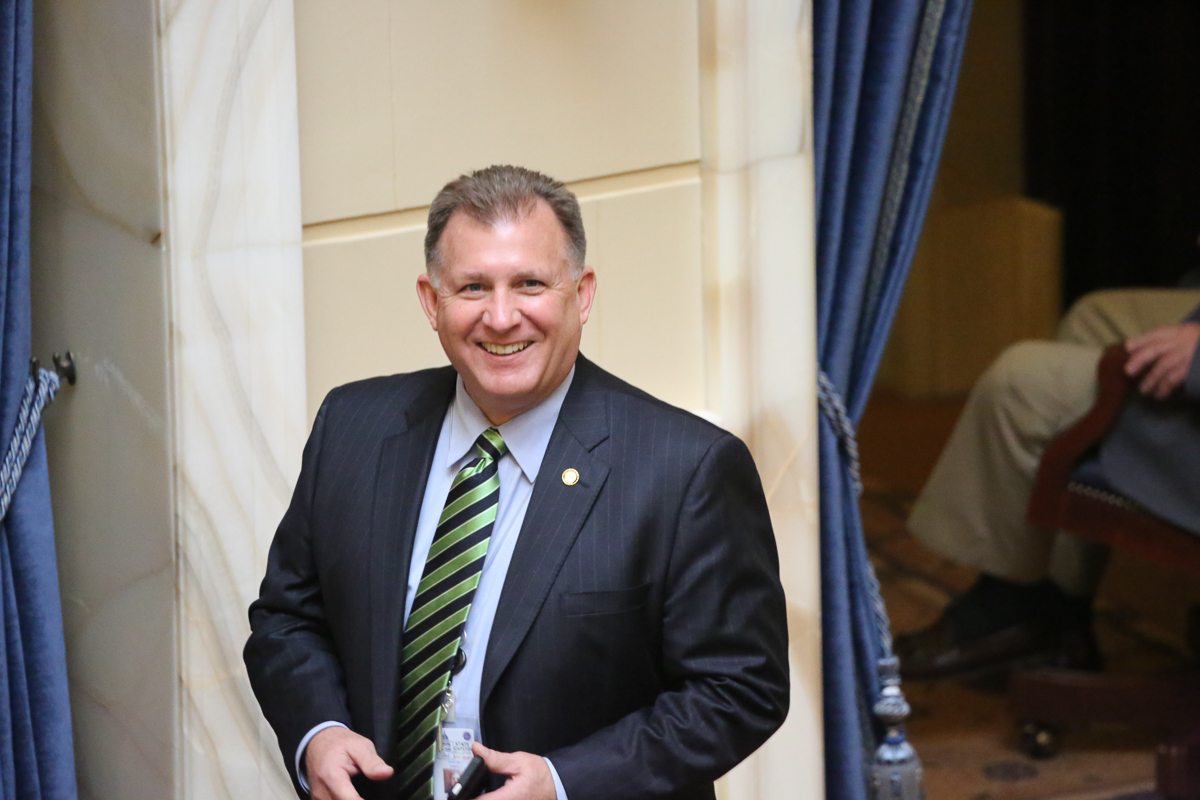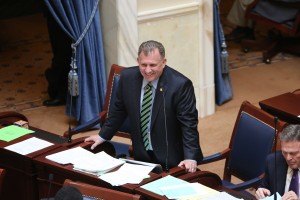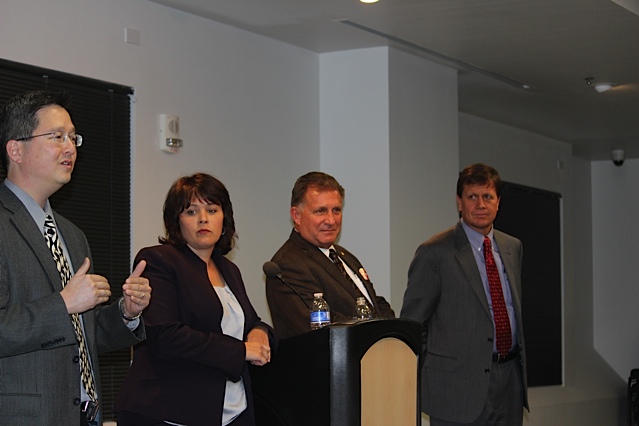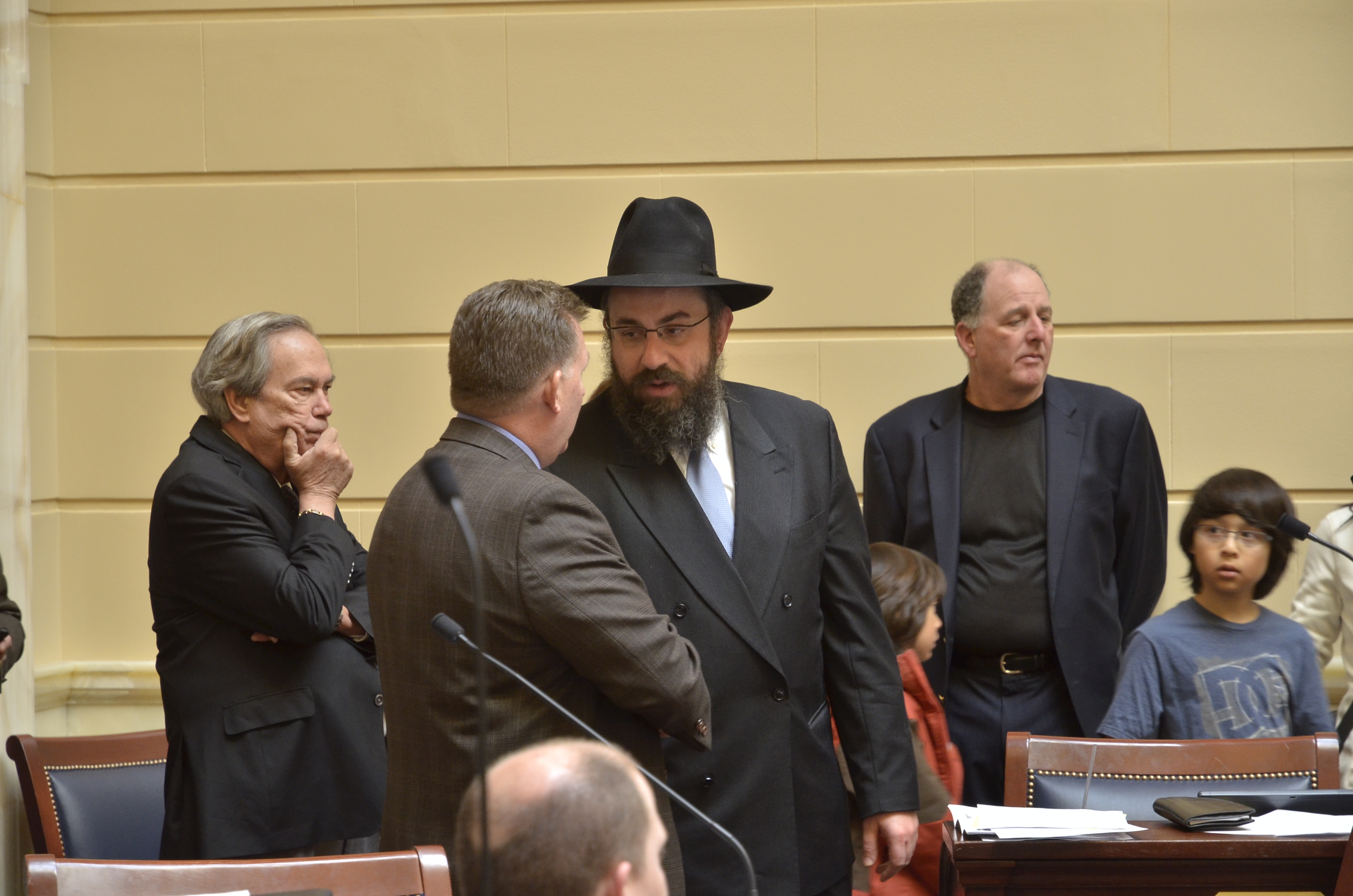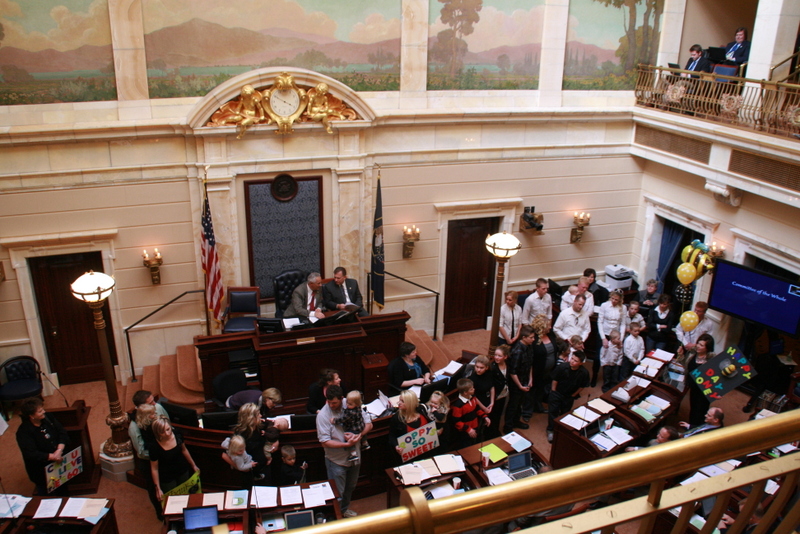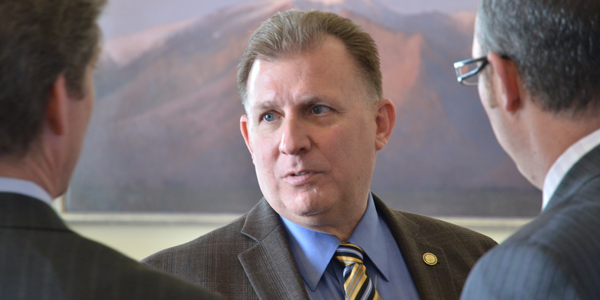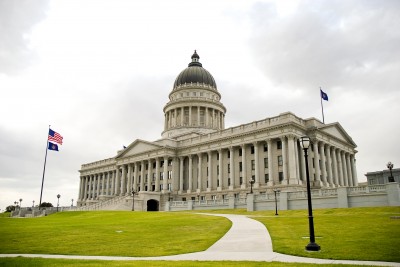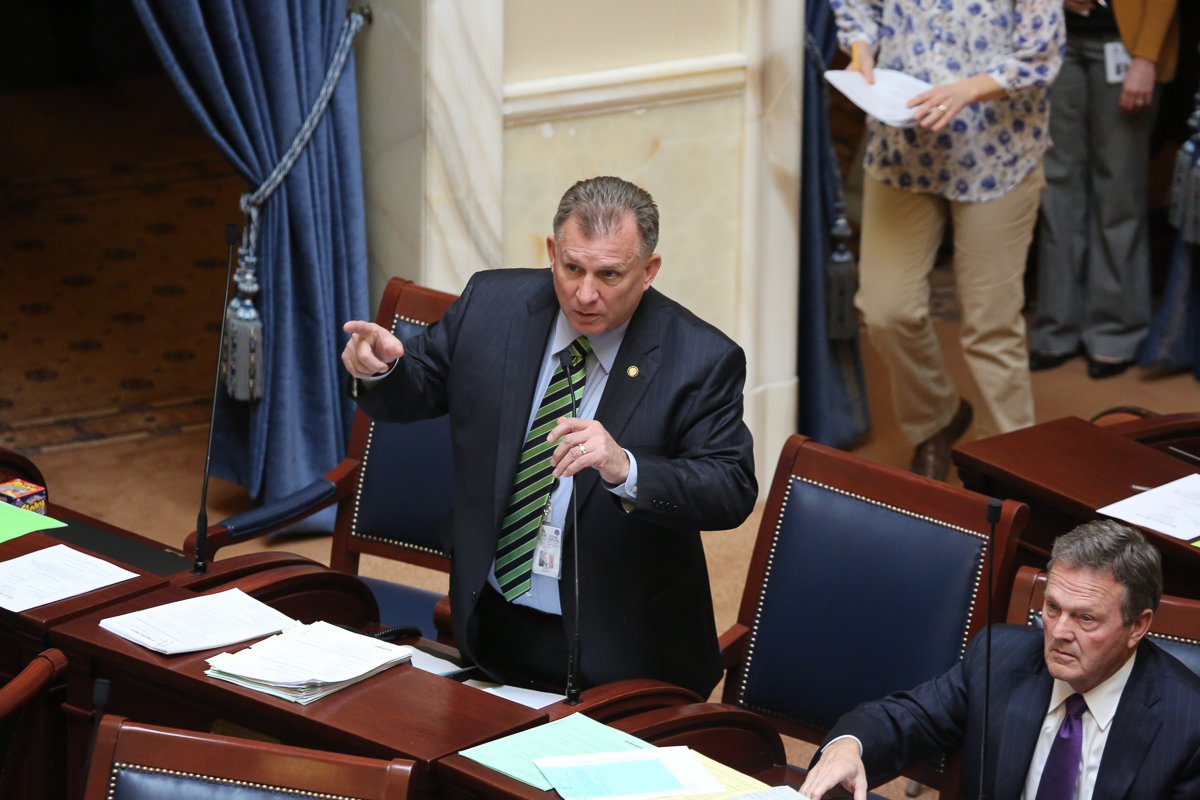
Please Join Us on Saturday Morning
I hope you will join us for an informative Legislative Update. If you have questions about bills, issues, policy, come join us.
Saturday, March 7th, 9 am – 10am
Utah Valley Regional Medical Center
Northwest Plaza – Clark Auditorium
Corner of 500 West and Bulldog Blvd., Provo, Utah
We’re entering the home stretch for the 2015 session. As of noon last Friday there were 133 Senate bills in the House committees and 192 House bills in Senate committees. In all the House had introduced 467 total bills and the Senate has introduced 301 into the process.
So far, 99 House bills and 73 Senate bills have been passed and are in possession of the Governor.
Important Issues
Our revenue numbers are favorable. Overall, the state’s committed budget is just over $14 billion. We have a revenue surplus of $739 million. Of that, $389 million is ongoing money meaning it is derived from sales taxes. While we don’t know the exact dollar amount each year, we know that there will be some money from this source, which is why it is called “ongoing.” The remaining $350 million is “one-time” money, which means it is a sort of unplanned bonus. This money is surplus tax revenue from last year. So it is money in excess of what we predicted would come in from tax revenue. You can listen to the meeting where the budget numbers were released and see the corresponding documnets.
Bringing those numbers down to our level of everyday living level is sort of like saying that if your household income is $140,000 per year and you just got an extra $3,500. Now the question is what to do with it? Do you spend it? Save it? Pay off a debt? Those are the decisions to be made this coming week.
We have a constitutional requirement to balance our budget. We have a strong history of economic prudence. That foundation will guide us in our final decisions.
Prison Relocation. There is a lot in the news about the recommendations from the Prison Relocation Commission. If you would like to view the reports you can find more information here.
Education. There has been some concern about excessive testing requirements in the schools. Last year legislation was passed reiterating that although schools were required to administer the national assessment tests, students were not required to take them. Nor could schools or teachers be negatively affected if parents exercised their option to opt their children out of those tests. However, the language of last year’s bill proved to be a little bit ambiguous causing different school districts to interpret the statute in different ways and the results were confusing to parents. To remedy that, SB 204 further explains parent’s rights in the directing their child’s education and clarifies how the opt-out option to testing works.
Medicaid Expansion. The decision on what will actually happen regarding health-care expansion is by no means over, the House has their own opinions as to what the best solution would be but ultimately, the House, the Senate and the Governor have to agree on a final solution, so the negotiations and the ideas will continue to work through the process. It has been a frustrating and long process to try and solve this problem and perhaps the fact most infuriating of all–is that in spite of all the time and worry that so many people have put into coming up with what would be the best possible solution for a problem we did not create–there is another case pending before the Supreme Court next month that could throw everything into yet another tail spin. The case is called King v. Burwell and it challenges whether or not it was legal for subsidies to be given to individuals who bought their coverage through the federal government’s HealthCare.gov exchange or if everyone is actually required to purchase their coverage through the state exchanges. Here is a news article from Washington D.C. that discusses the issue with Governor Herbert:
And here is a link to all the amici briefs that have been filed thus far for the case. This continues to be a frustrating issue that can only be blamed on federal intrusion.
Working to keep you informed
Thank you for your interest and for the emails you send. I would appreciate you taking a few moments to fill out this year’s Legislative Survey. Just click the link above.
Sincerely,
